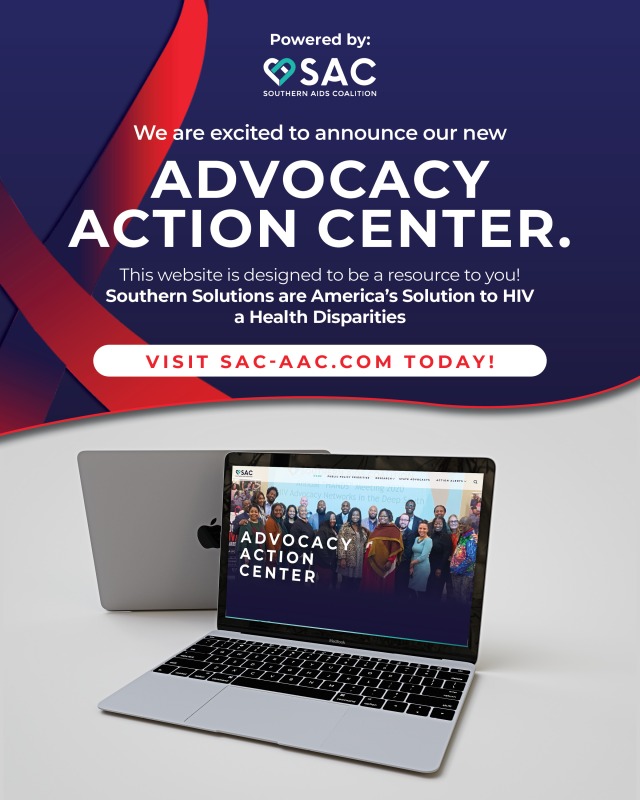[NEW] The Relationship of HIV-related Stigma and Health Care Outcomes in the US Deep South, Reif, Wilson, McAllaster, Pence. (AIDS and Behavior, 17 July 2019)
This study examined the prevalence of different forms of stigma and the association of stigma with medication and medical visit adherence in the Deep South. Internalized stigma and recent stigmatizing experiences were significantly associated with poorer HIV medication adherence. Internalized stigma was also associated with having missed an HIV medical care visit in the last 6 months. The study findings suggest the need to identify and develop effective interventions to address internalized HIV-related stigma and to address community HIV stigma to improve outcomes for persons living with HIV.
Perceptions and Impact of HIV Stigma among High Risk Populations in the US Deep South (Journal of HIV and AIDS, ISSN 2380-5536, April 2018)
This study, published in the Journal of HIV and AIDS, examines community HIV-related stigma in the US Deep South, a region disproportionately affected by HIV. Study participants included individuals at higher risk for HIV, primarily African American men who have sex with men and women participating in substance use treatment. Findings from six focus groups identified a lack of knowledge and significant fear about HIV in participants’ communities. A dearth of accurate information about HIV and HIV prevention, including pre-exposure prophylaxis (PrEP), was reported as widespread and contributed to myths about HIV and increased stigma. HIV-related stigma was reported as pervasive and resulted in lowered participation in HIV testing and treatment. Participant suggestions for addressing stigma included extensive media HIV education and counseling/ support for individuals living with HIV. Addressing HIV-related stigma in the Deep South is critical to reducing HIV transmission and improving HIV-related outcomes.
HIV Stigma Study in the Deep South: Descriptive Findings (August 2017)
SASI’s new study documents HIV-related stigma in the Deep South by surveying persons living with HIV at HIV medical care facilities and social services organizations in Alabama, Mississippi, North Carolina and South Carolina. HIV-related stigma, particularly internalized stigma, was found to be associated with negative health care outcomes, which has implications for quality of life, mortality, and the spread of HIV.
Summary of Stigma Intervention Literature Reviews (2003-2015):
This table provides information about literature reviews that examine interventions designed to reduce HIV-related stigma. These reviews were conducted between 2003-2015 and provide evidence of the effectiveness of some interventions in addressing stigma. Significant gaps in types of interventions, populations studied, and research methodologies remain.
Summary of Interventions to Address HIV-related Stigma
This table describes articles on interventions to reduce HIV-related stigma. The studies are predominantly conducted in the US and include interventions to reduce stigma at the intervention level, at the community level for health professionals, and at multiple levels including individual and group level.
ANNOUNCEMENT: With the retirement of Director, Carolyn McAllaster, the Southern HIV/AIDS Strategy Initiative (SASI) ended as a separate initiative on July 1, 2019. The research-based policy work of SASI has moved to the Southern AIDS Coalition (SAC). Please visit the SAC Action Center to find SASI’s Research Reports and Fact Sheets.

